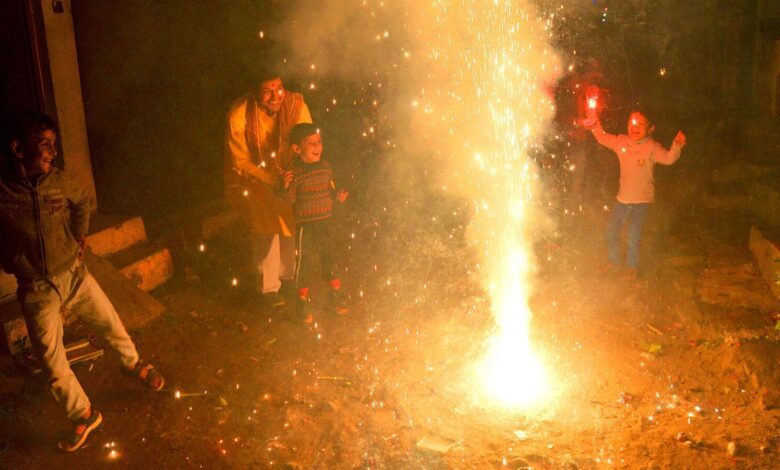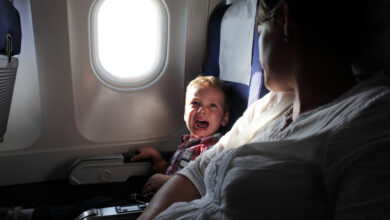1 in 3 families in Delhi-NCR planning to burst firecrackers on Diwali despite the ban
A recent survey conducted by Localcircles reveals that around 32% of families in the Delhi-NCR region are still planning to burst firecrackers.

With Diwali just around the corner, the annual debate over the causes of the deteriorating Air Quality Index (AQI) in Delhi is once again in the spotlight. While many point fingers at the tradition of bursting firecrackers, some argue that other significant contributors are being overlooked, such as fireworks during ICC World Cup matches and agricultural fires.
Despite a Supreme Court ban on firecrackers, a recent survey conducted by Localcircles reveals that around 32% of families in the Delhi-NCR region are still planning to burst firecrackers. Meanwhile, 43% have chosen not to do so, citing concerns about pollution.
The survey, which received feedback from about 9,000 families in Delhi, Noida, Gurugram, Faridabad, and Ghaziabad, highlights the diverse opinions within the region.
On a recent Tuesday morning, the pollution levels in Delhi-NCR were reported to be 7-8 times higher than the safety standards. This toxic smog persisted for eight consecutive days, primarily due to stubble burning in Punjab and neighboring states. Interestingly, both Delhi and Punjab are governed by the AAP party, but the situation remains challenging for the Delhi-NCR region.
Over the years, Delhi residents have sought out neighboring states like Uttar Pradesh and Haryana to purchase firecrackers, as the sale of firecrackers is not banned in these areas. The Local circles survey suggests that this influx of Delhi residents into other states has posed a significant challenge for Delhi authorities, whose inability to find a long-term solution to stubble burning in neighboring states over the past decade has impacted their credibility. The report emphasizes that stringent enforcement of the cracker ban, along with an increased awareness campaign, is essential to control firecracker burning this Diwali.
The Localcircles survey also highlights an alarming trend. A day after Diwali, the AQI tends to increase compared to the previous days, based on historical data. This increase can range from 100 to 300 points, indicating the immediate impact of Diwali celebrations on air quality.
You might also be intersted in – Shining bright or dimming down? Gold Prices for Diwali REVEALED



